Nutritionists have long touted the health benefits of fish oil for humans, but did you…
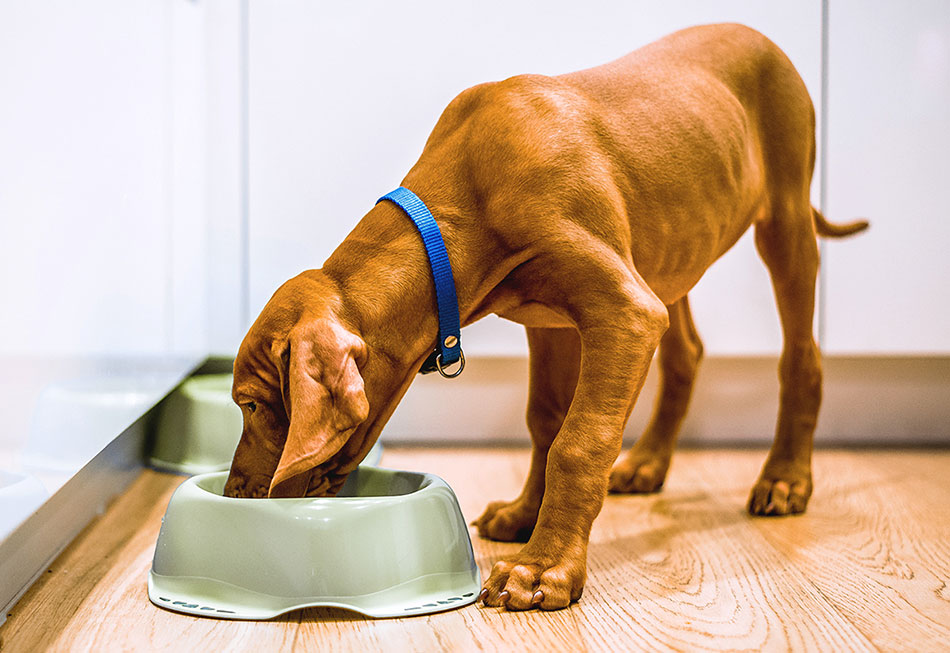
Dog Gut Health & How to Improve It
You’ve probably heard plenty about the importance of probiotics for maintaining your own gut health. But have you ever considered the gut health of your dog?
Humans and dogs are more common in physiology than you might think. In fact, most mammals are. We’ve all got lungs and a heart and a brain—but we also all have a microbiome.
But what is a microbiome? How does it contribute to gut health? Should you give dogs probiotic supplements?
We’ll answer these questions and more in order to show you the best ways to improve your pup’s gut health.
Contents:
- What is Microbiome?
- Benefits of a Healthy Gut in Canines
- Dangers of Poor Gut Health
- What are Probiotics?
- What are Prebiotics?
- Are Probiotics and Prebiotic Supplements Safe for Dogs?
- Natural Remedies for Dog Gut Health
- Final Thoughts on Keeping Your Dog’s Gut Healthy
What is microbiome?
Every dog has a vast and complex “city” of microorganisms living within it. This diverse collection of bacteria, fungi, viruses and parasites are a healthy part of your dog’s normal bodily function—as long as they are living in peace.
In fact, microbiomes are not just part of the canine anatomy. Most living creatures, including humans, host their own unique microbiome that is first determined by their genetic code and changes over time based on diet, environment, medication and other factors.
While it might sound odd to think of things like bacteria and fungi in a positive way, the microbiome is so important to a healthy life that it is known as a supporting organ. Most of these microbes reside in the intestines, hence the term “gut health”. As long as your pup has a proper balance of microbes in their gut, their microbiome will help many of the body’s other systems function properly.
Benefits of a healthy gut in canines
Despite the name, gut health doesn’t just affect your dog’s digestion. Although that is part of it, there are many advantages to promoting a healthy microbiome for your pet. Here are some of the most significant benefits that come with good gut balance:
Improved mood
Believe it or not, your dog’s gut can affect their mood. And we aren’t just talking about when they’re hangry.
The gut microbiome is responsible for creating a lot of different things that the rest of the body needs, including hormones. Serotonin and dopamine are both spawned from gut microbes. These hormones help regulate mood, and a disbalance in them can cause depression and anxiety.
The microbiome is a diverse collection of microscopic organism that share our living space and bodies – morrisanimalfoundation.org
Functional immune system
Almost ninety percent of your dog’s immune system is formed by the interaction between their microbiome and the mucous membrane that coats their intestines. Without a healthy colony of gut microbes, your pup will be lacking in properly formed white blood cells called lymphocytes, which are crucial to fighting off disease.
Protection from dangerous microbes
When a dog’s gut is full of healthy bacteria, there is less room for the unhealthy pathogens, such as fungi, toxins and allergens. The good bacteria protect against dangerous microorganisms in three primary ways:
- They eat up the nutrients before the pathogens can, causing them to starve.
- They grow in such large numbers that unhealthy microbes can’t find room to live.
- They release chemicals that kill dangerous bacteria and other toxins.
Better nutrition
Good nutrition can lead to a healthy gut. But a healthy gut also promotes better nutrition. It’s a two way street.
The good bacteria create enzymes that are responsible for helping nutrients flow from your dog’s intestine into the bloodstream. The microbiome also spawns vitamins. Some vitamins, such as B12, are only created by gut microbes—nowhere else! B12 is crucial to a thriving immune system, so you can see how poor gut health can affect almost every other system in the body.
Dangers of poor gut health
When your pup’s microbiome is thrown off balance, they may develop a syndrome known as dysbiosis. Dysbiosis is simply the imbalance of healthy gut microbes, but it can lead to a variety of different symptoms and conditions.
- Leaky gut is when the lining of the small intestines gets damaged enough that it fails to properly absorb nutrients. Another effect is that toxins and unwanted bacteria can seep into the bloodstream, which puts a strain on your dog’s immune system.
- Immune system disorders like irritable bowel syndrome and chronic fatigue, which are caused by the shock that poor gut health can have on a dog’s immune system.
- Gastrointestinal distress, such as excessive gas, bloating, vomiting, abdominal pain and diarrhea.
- Respiratory conditions. Believe it or not, an imbalance in gut microbes can even put dog’s at increased risk of developing asthma. One theory behind the link is that an animal’s lungs have their own microbiome, and that the respiratory and gastrointestinal systems affect one another’s health.
Dysbiosis doesn’t have just one cause. There are many factors that can contribute to your dog’s gut imbalance. The most common cause is antibiotics. Obviously, if your dog is prescribed antibiotics, your vet has a good reason to do so. You should follow their professional advice. However, antibiotics can kill the good bacteria just as well as they kill the bad ones. Once your pup is through their prescription, it is important to monitor their gut health and take active steps to promote a healthy microbiome.
Another risk factor of poor gut health in pets is their diet. If your dog eats too much processed food, or too many grains, they may not be getting the appropriate nutrients to keep their gut healthy. Keep in mind that even if you aren’t feeding your dog straight grains, like rice and corn, they are often used as a filler in many commercial dog foods. While grains aren’t necessarily unhealthy for canines, they could be filling your pup up and preventing them from eating enough of the foods they really need to thrive.
A study found that 98.7% of dog owners who fed their dogs’ raw food noticed that raw food improved their dogs’ health. – ncbi.nlm.nih.gov
What are probiotics?
Probiotics are good bacteria. Often, the term is used when referring to probiotic supplements taken to introduce more healthy microbes than a dog is getting from their diet alone. If you are looking at probiotic products, there are a few important terms to understand:
Colony Forming Units (CFUs) is a measurement of how many viable cells exist in a dose of probiotics. Typically, a good supplement has a minimum of 50 billion CFUs. While this might sound like a lot, you have to keep in mind that (1) these are microscopic organisms and (2) most of them will be killed by your dog’s stomach acid before they reach the gut.
Bifidobacteria and Lactobacilli, also known as B. lactis and L. acidophilus, are microbial strains that are very common in most probiotics for dogs. They are important to supporting such bodily functions as digesting fibre, producing organic acids and regulating the immune system.
Soil-based probiotics are derived from (you guessed it) the soil. They are more resistant to digestive acids, so the minimum required CFU is usually around 1 or 2 billion.
What are prebiotics?
While probiotics are meant to supplement the organisms in your dog’s microbiome, prebiotics are meant to feed those organisms. Prebiotics are dietary fibre, which is slower to digest. Therefore, they bypass the usual digestive system and are broken down instead by the probiotics.
Why go through the trouble? There are two primary reasons. First, prebiotics enhance the effectiveness of probiotics. When your healthy microbes are well fed, they will perform their job all the better. Second, the act of probiotics digesting prebiotics actually releases healthy byproducts. Specifically, they create something called short-chain fatty acids, which fuel cells in the digestive tract and prevent inflammation.
While the food you are sharing with your dog may not technically be considered harmful to its health, it is slowing causing adverse side effects – physically, behaviourally and socially – petmd.com
Are probiotics and prebiotic supplements safe for dogs?
Generally speaking, prebiotic and probiotic supplements are safe for canines. However, there are a few important things you need to consider:
Consult your vet if you are trying to treat symptoms. If your dog is experiencing poor health or discomfort, you should talk to a professional before attempting to treat them yourself. Sometimes, gut health might not be the true cause of the issue. You don’t want to delay proper diagnosis and treatment by over relying on supplements.
Be prepared for mild side effects. Probiotics are healthy bacteria, but introducing new microbes into your dog’s gut isn’t always a smooth transition. As their microbiome works the new visitors into the community, your dog may experience mild digestive upset, such as bloating, gas and diarrhea.
Supplements are not a replacement for a healthy diet. Keep in mind that the best way to build and maintain a healthy microbiome is through a healthy diet. Supplements can be a good way to boost gut health when it is thrown off balance, such as after treating your dog with antibiotics. However, they shouldn’t be a long term solution unless recommended by a professional.
Natural remedies for dog gut health
The best way to maintain or restore your pet’s microbiome is to feed them a regular diet rich in foods to improve dog gut health. If you can provide them with a natural source of probiotics and prebiotics, you shouldn’t generally need to rely on supplements.
Let’s look first at natural sources of pro- and prebiotics, and then we’ll talk about some of the foods that you should avoid in order to keep your pup’s gut healthy.
Soft treats with probiotics offer a convenient way to supplement your dog’s diet. However, some treats may contain additives and preservatives which you should watch out for. – Dogfoodadvisor.com
Natural probiotic foods for dogs
The best natural source of probiotics is raw food. The more food is processed, the more probiotics are killed. Kibbled and canned dog foods are cooked and preserved, which destroys many of the healthy microbes that promote strong gut health.
At Freeze Dry Australia, we choose to freeze dry our pet foods and treats because the process keeps more probiotics than traditional methods of food preservation. We don’t have to rely on preservatives, and we don’t have to cook the nutrients out of our foods.
Freeze Dry Australia’s 100% Raw Dog Food is a tasty mix of meats and vegetables that makes the perfect daily source of probiotics for any pup. Or, if you are just looking for a healthy treat to toss to puppers from time to time, they’ll love our Freeze Dried Beef and Sardine Balls.
In addition to raw foods, dogs can also enjoy many of the same natural sources of probiotics that humans eat. Yogurt and eggs are two foods that you probably already have around the house. Fermented vegetables are also probiotic rich. Just be sure to avoid onions, as they can be toxic for canines. Some other high-probiotic foods your dog might enjoy include bananas, apples, flaxseed and asparagus.
Some of the most widely known priobiotics are the live cultures found in yogurt – Vet.cornell.edu
Prebiotic foods for dogs
Prebiotics are found in natural foods with high amounts of soluble fibre. This is the fibre that microorganisms will ferment in your dog’s gut, releasing health-promoting byproducts. Common sources of prebiotics that you might already have in your pantry are beans, pumpkin, sweet potato and peas.
Another strong prebiotic is garlic, as long as you don’t over do it. In large quantities (like an entire head of garlic), it can be toxic to dogs. But mixing a small amount of garlic into your dog’s food is a great source of allicin, a prebiotic that is credited with many of garlic’s medicinal effects.
A less traditional prebiotic for dogs is dandelion greens. You can buy them dried out in the herb section of many health stores, but you can also pick them straight from your lawn. They can be eaten raw or sauteed. You just have to be certain that you don’t collect them from a yard that has been treated with pesticides or herbicides.
Foods that are dangerous for dog gut health
The best diet for dogs is high in protein and low in grains. There are several foods you want to avoid feeding them when trying to build a healthy microbiome.
Processed foods generally contain preservatives that can imbalance a microbiome. Foods with preservatives are also just lower in any potential probiotics than a whole food counterpart, so they fill your dog’s stomach with empty calories and few nutrients.
Sugary and starchy foods are digested so fast that your dog’s microbiome can’t get to them in time. Since the microbes don’t get to eat the food, they will look for something else, and will sometimes start eating away at the intestinal lining (this is a common cause of leaky gut, discussed above).
Fried foods are usually cooked in unhealthy oils: those with high levels of saturated and trans fats. Even humans should limit their intake of fried foods, so resist the urge to throw your pooch the leftovers when you do indulge. Not only can they cause short term stomach upset, but fried food can actually feed the harmful bacteria in your dog’s gut, tilting microbiome balance in the wrong direction.
When a pet’s oral and gut microbiome is unbalanced, health issues like diarrhea, diabetes, gum disease or skin problems may appear. – Waltham.com
Final thoughts on keeping your dog’s gut healthy
A diverse and well-balanced microbiome is the key to a healthy gut. As we’ve seen, the most straightforward path to helping your dog have strong gut health is to ensure that they are getting plenty of natural probiotics in their diet. Working in some prebiotics can also go a long way towards making those probiotics even more effective. At the same time, you need to avoid foods that diminish gut health and remain extra vigilant if your pup is on antibiotics.
Research has shown that raw diets can help to promote a more diverse and healthy gut microbiome in dogs because they contain a wider range of nutrients and bacteria than processed foods. Raw diets are also closer to what your dog would eat in the wild: meat, bones, organs, fruits and vegetables.
Just be sure, when planning to switch your dog to a raw diet, that you do so in consultation with a veterinarian to ensure a safe, smooth transition. And we hope you’ll consider Freeze Dry Australia’s extensive range of raw pet foods and treats to keep pupper happy and healthy.
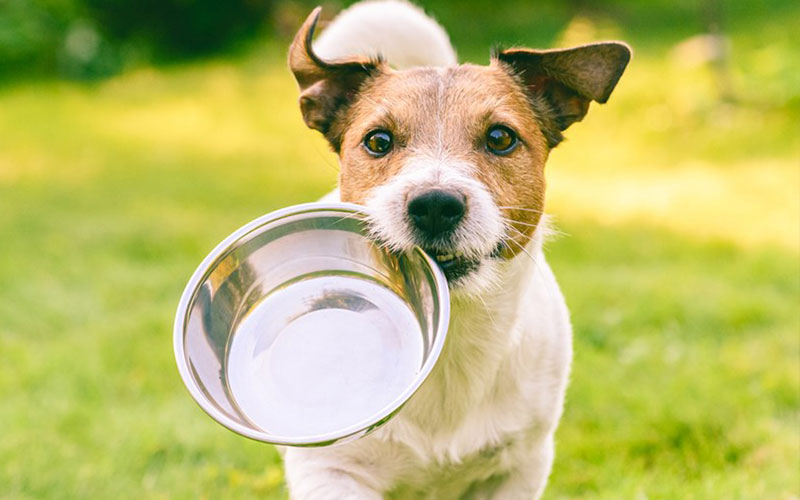

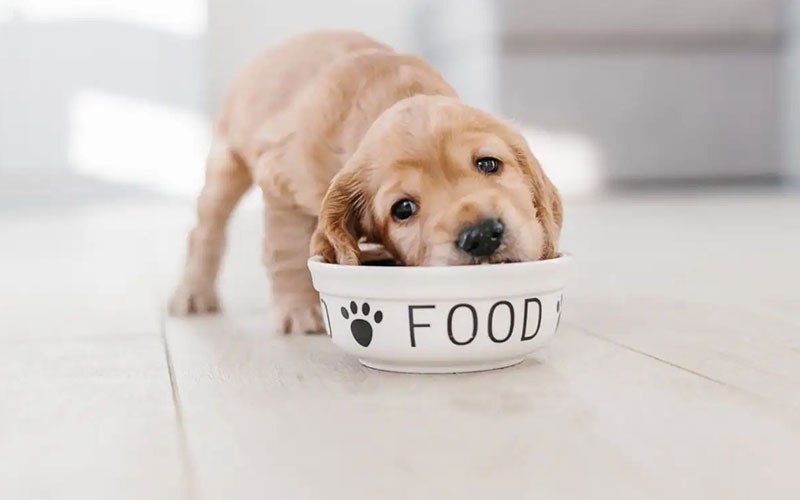
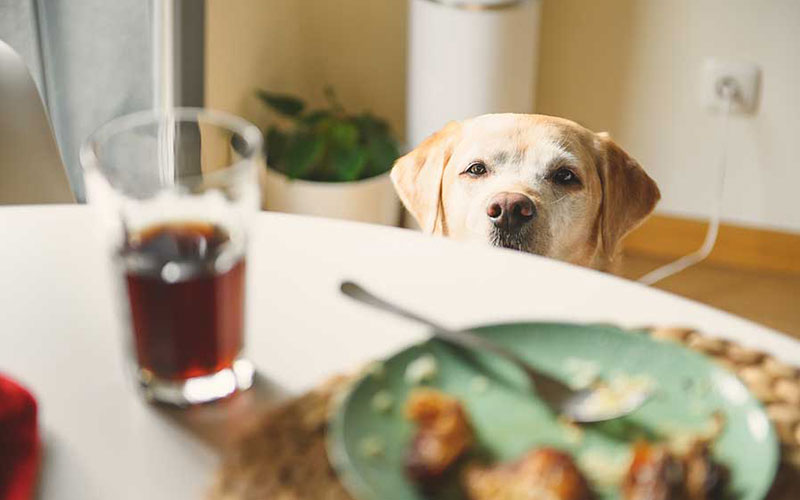
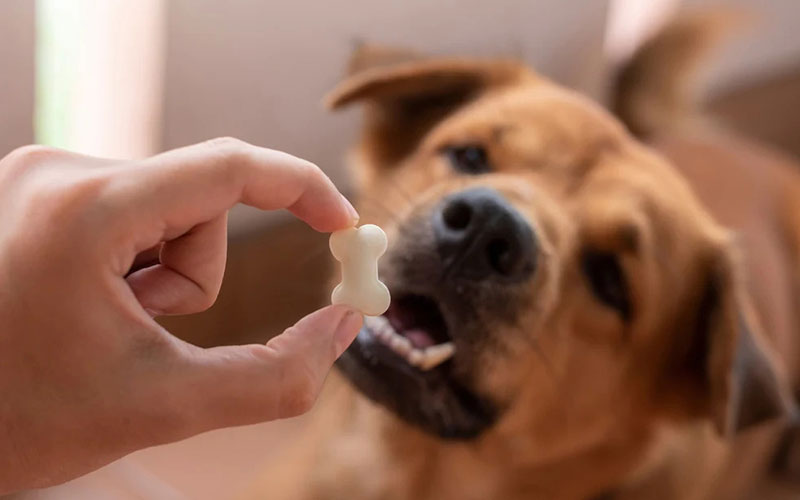
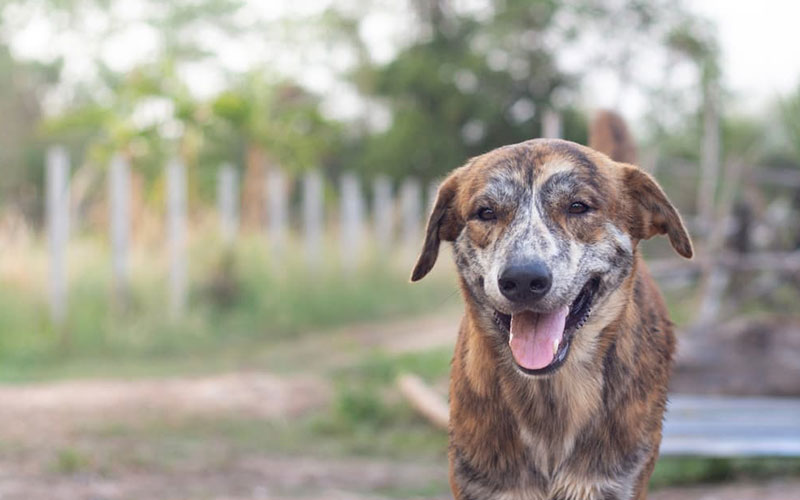
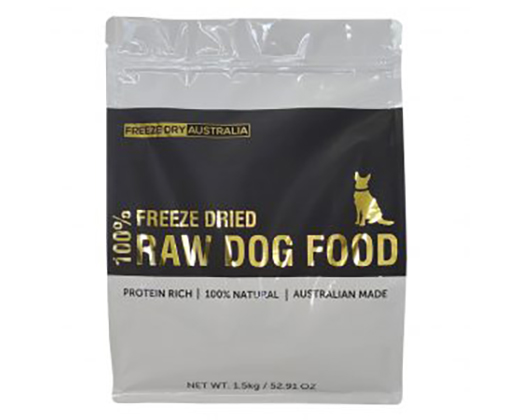
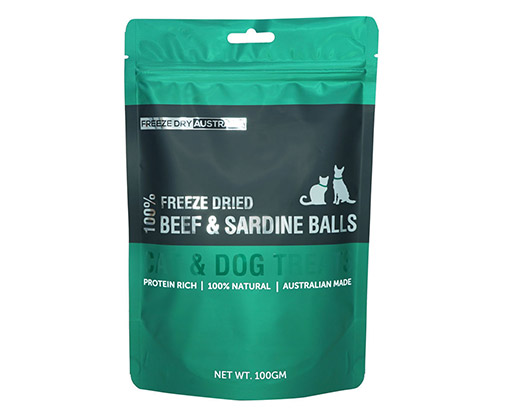
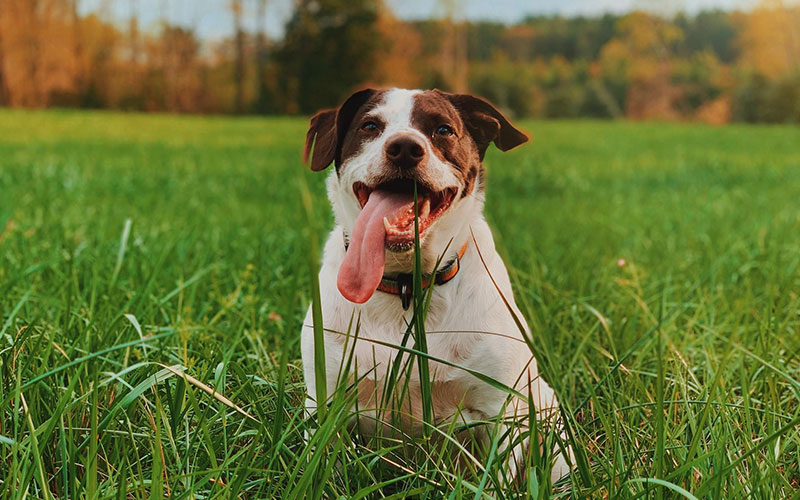
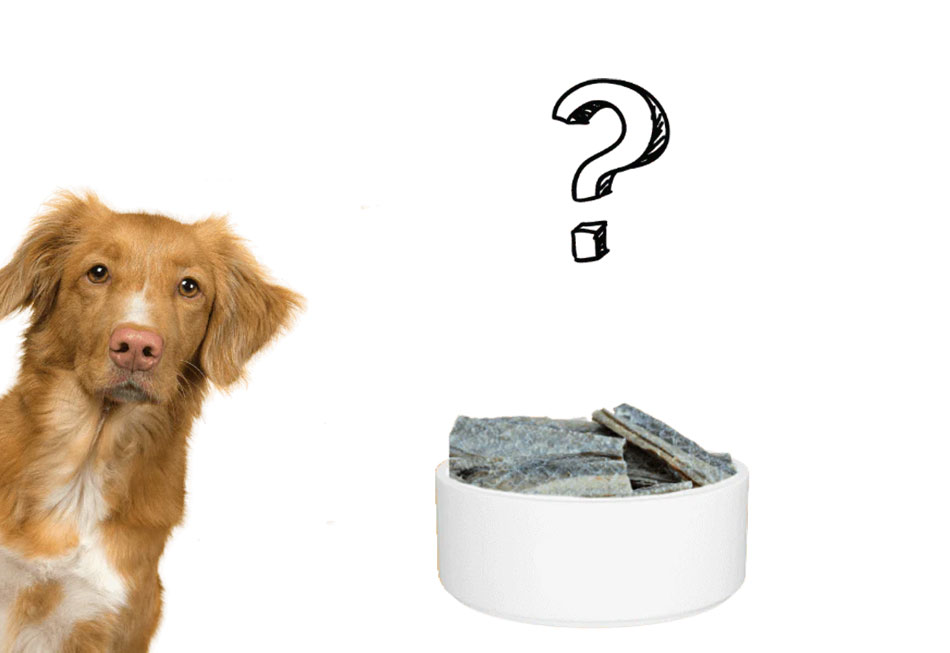
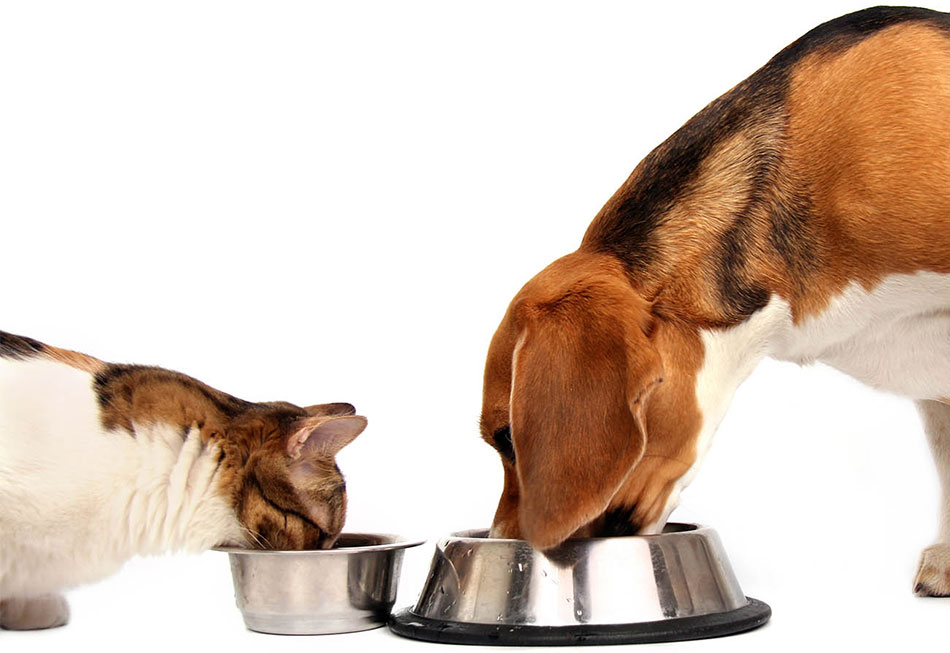

This Post Has 0 Comments